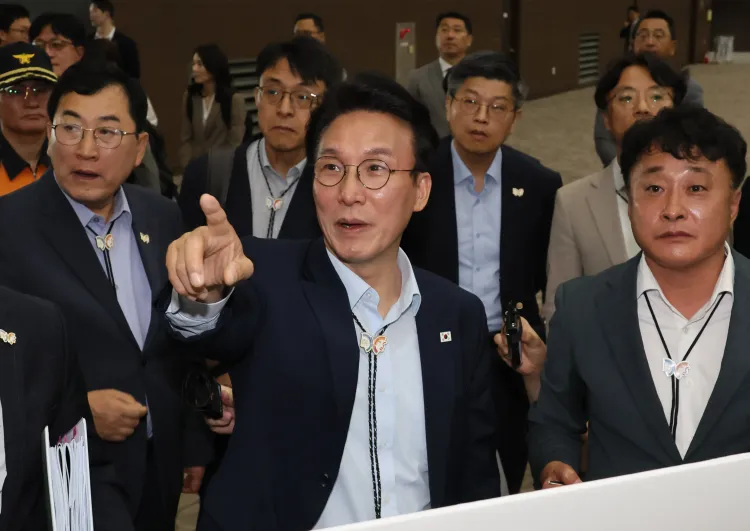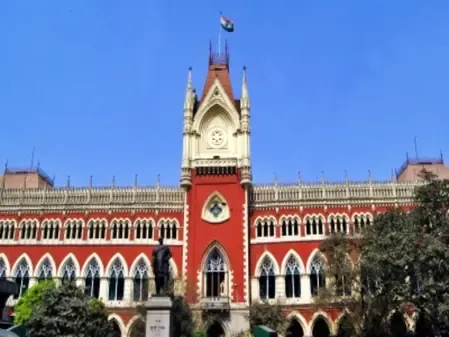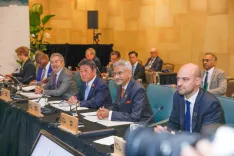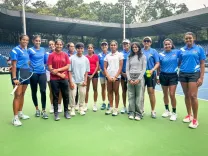Did South Korean PM Just Mark a Big Step Forward for Medical Students?

Synopsis
Key Takeaways
- Prime Minister Kim Min-seok supports the return of medical students.
- The students protested for 17 months against enrollment increases.
- The government is now reversing previous enrollment quota increases.
- Collaboration between students and the government is key to resolving issues.
- The move is seen as a significant advancement in the education sector.
Seoul, July 13 (NationPress) The Prime Minister of South Korea, Kim Min-seok, expressed his approval on Sunday regarding the decision of medical students to resume their studies after a 17-month protest that involved boycotting classes against the prior administration's medical reform strategy, calling it a significant advancement.
The medical students' association revealed on Saturday their intention to return to school following their protest that began in February of the previous year, opposing the plan by the former Yoon Suk Yeol government to increase medical school enrollment by 2,000 students starting this year.
In a post on his Facebook page, Kim stated, “Their decision symbolizes a significant advancement, and it brings relief.” He assured that efforts will be made to resolve the underlying issues.
“President Lee Jae Myung has also been considering a resolution and has directed me and the government to explore solutions. What the public desires will be prioritized,” he added.
The announcement by the Korean Medical Student Association was made during a press event alongside the National Assembly's education and welfare committees, as well as the Korean Medical Association.
In a joint declaration, they stated, “We will return to school, placing our trust in both the National Assembly and the government, and we are committed to normalizing medical education and the healthcare system,” without specifying an exact return date.
The education ministry previously reported that 8,305 students across 40 medical schools nationwide would face grade retention, necessitating their repetition of the same academic year alongside younger peers, as reported by Yonhap news agency.
Although the government later reversed its decision and returned the 2026 enrollment quota to approximately 3,000, many trainee doctors and medical students have yet to fully reintegrate into hospitals and educational institutions.









